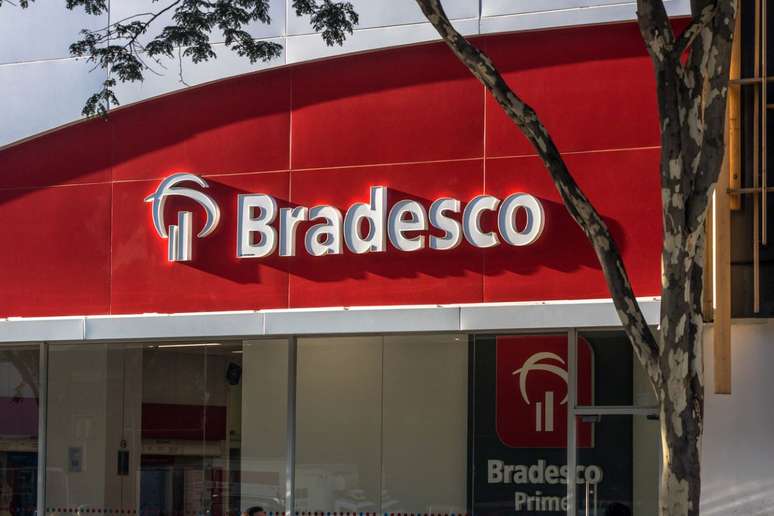Summary
The shock of the Z generation with the labor market reflects a paradoxical relationship between expectations for purposes and inclusion and structural realities that include rigid corporate hierarchies, automation of initial vacancies and mental health crises.
The entry of Generation Z into the labor market, marked by expectations of purpose, autonomy and inclusion – clashes with structural realities that expand the mental health crises among young professionals. Born between the mid -90s and the beginning of 2010, these individuals, digital natives, face a paradoxical scenario: while technological tools master and bring progressive values with them, they come across hierarchical corporate environments, automation and little brightness of the initial vacant places and in pressure for immediate results. A shock that generates anxiety, frustration and, in extreme cases, by mental disorders, as revealed alarming data.
In Brazil, for example, in 2024, there was a record of 472,328 medical licenses relating to psychological issues, with an increase of 68% compared to the previous year, according to the Ministry of Social Security (these data do not refer only to Generation Z, but most cases belong to it).
The difficulty of entering the labor market is not something new. Historically, young people have always had to face higher unemployment rates. However, for the Z generation, the problem is aggravated by technological interruptions. Companies, driven by efficiency and cost reduction, replace entry-level functions with artificial intelligence (AI) and algorithms. The processes previously intended for junior interns or analysts, such as the organization of data or basic treatments, are increasingly automated. Experts agree that, for now, “the initial vacant places are the most vulnerable to the AI”. This creates a bottleneck for those looking for the first professional experience.
At the same time, the selection processes themselves became more impersonal. Tools such as gupy and the recruitment platform that uses curriculum screening algorithms – are criticized in some forums to perpetuate prejudices or eliminate candidates for uncommon criteria. For young people used to the interactivity of social networks, the lack of human feedback during the search for employment intensifies the feelings of invisibility and inadequacy.
Expectations vs. Reality: Generation shock
Generation Z was created in a context of post-cold optimism, with access to global information and speeches on diversity and equity. Its members expect horizontal work environments, where archaic processes can question and contribute to innovative ideas. However, many organizations still operate under command and control models, with rigid hierarchies and resistance to change.
This dissonance generates conflicts. Young professionals are looking for constant feedback and accelerated growth – “they want to be promoted in three months”, as observed in frequent dialogues in management clubs. However, they come across structures that appreciate linear experience and seniority and in real life itself, when practical experience has time to be incorporated into true professional training. The anxiety for rapid progress, combined with the constant comparison with what they experience on social networks (“Blow their career as if it were Tiktok”), creates an internal pressure to achieve non -realistic objectives that clash in front of the reality of the facts, feeding burnout paintings and impostor syndrome.
Covid-19 deepened the wounds. The young people who entered the market during or after pandemic faced a remote and fragmented world, where professional ties are built in the middle of the screens. The lack of face -to -face tutoring and the difficulty of establishing significant connections has influenced the development of socio -emotional skills such as resilience and management of conflicts. In addition, the health crisis opened inequalities: while some were able to work from home, others faced mass layoffs and precariousness of their work.
In Brazil, the pandemic legacy is visible in the distance data. Psychologists point out that the emotional scars of isolation, added to economic instability, aggravate ailments such as anxiety and depression. The professionals of the Z generation, often in informal or temporary works, deal with the lack of financial security, which is a critical factor for mental illness.
The role of companies and new regulations
Faced with the crisis, governments and organizations begin to act. In Brazil, the update of the NR-1 regulatory standard, which defines the guidelines for safety and health at work, requires companies to identify psychosocial risks and the implementation of preventive measures. Since May 2025, companies can be fined if they neglect problems such as bullying, excessive workload or toxic environments (such as these facts will be measured objectively and which criteria will qualify “toxic environments” or “excessive workload” is still unknown).
At the same time, some companies respond with innovative initiatives and very interesting management practices to try to minimize the problem:
• Agile culture and multifunctional teams: collaborative working groups, with members of different generations, aim to integrate the creativity of the Z generation with the experience of older professionals.
• Inclusion at strategic levels: multinationals insert young people in the administrative advice, ensuring that their perspectives influence strategic decisions and aim for long -term sustainability of businesses.
• Wellness technique: artificial intelligence tools are used to monitor signs of stress and provide psychological support, although critics feel the inhumanization of these processes.
The paradox of the AI: between the threat and the opportunity
Artificial intelligence is both bad and allied. If, on the one hand, it replaces the initial vacant places, on the other, it offers ways to optimize mental health. The continuous and based on artificial intelligence feedback platforms help managers to identify the burnout soon, while mental health chatbots provide immediate support. For the Z generation, accustomed to digital interaction, these tools can be less stigmatizing than traditional approaches.
However, the challenge is to balance technology and humanization. Young professionals appreciate authenticity and purpose – something that algorithms do not replicate. Companies that invest in leader training for empathic management, combined with the ethical use of artificial intelligence, tend to build healthier environments.
Mental health of the Z generation is not an individual but systemic problem. It requires public policies that guarantee access to decent employment, companies willing to rethink toxic cultures and a society that dialogue on realistic expectations. Young people need spaces to develop resilience without romanticizing the culture of bustle, while organizations should recognize that innovation and profitability depend on psychologically safe environments.
Therefore, including the Z generation is not only an ethical but strategic question. Young people are consumers and leaders of the future and their mental health will define collective success in an increasingly complex world. While governments expand regulations and companies test new models, intergenerational dialogue remains the key to transforming structural challenges into sustainable opportunities of general interest.
Fernando Moulin is a partner of Sponsorb, specialist of teachers and companies, digital transformation and customer experience, as well as co -author of books “restless by nature” “, shine when you live your truth” and “curve forces” (all to Edited people, 2024).
Source: Terra
Ben Stock is a lifestyle journalist and author at Gossipify. He writes about topics such as health, wellness, travel, food and home decor. He provides practical advice and inspiration to improve well-being, keeps readers up to date with latest lifestyle news and trends, known for his engaging writing style, in-depth analysis and unique perspectives.








